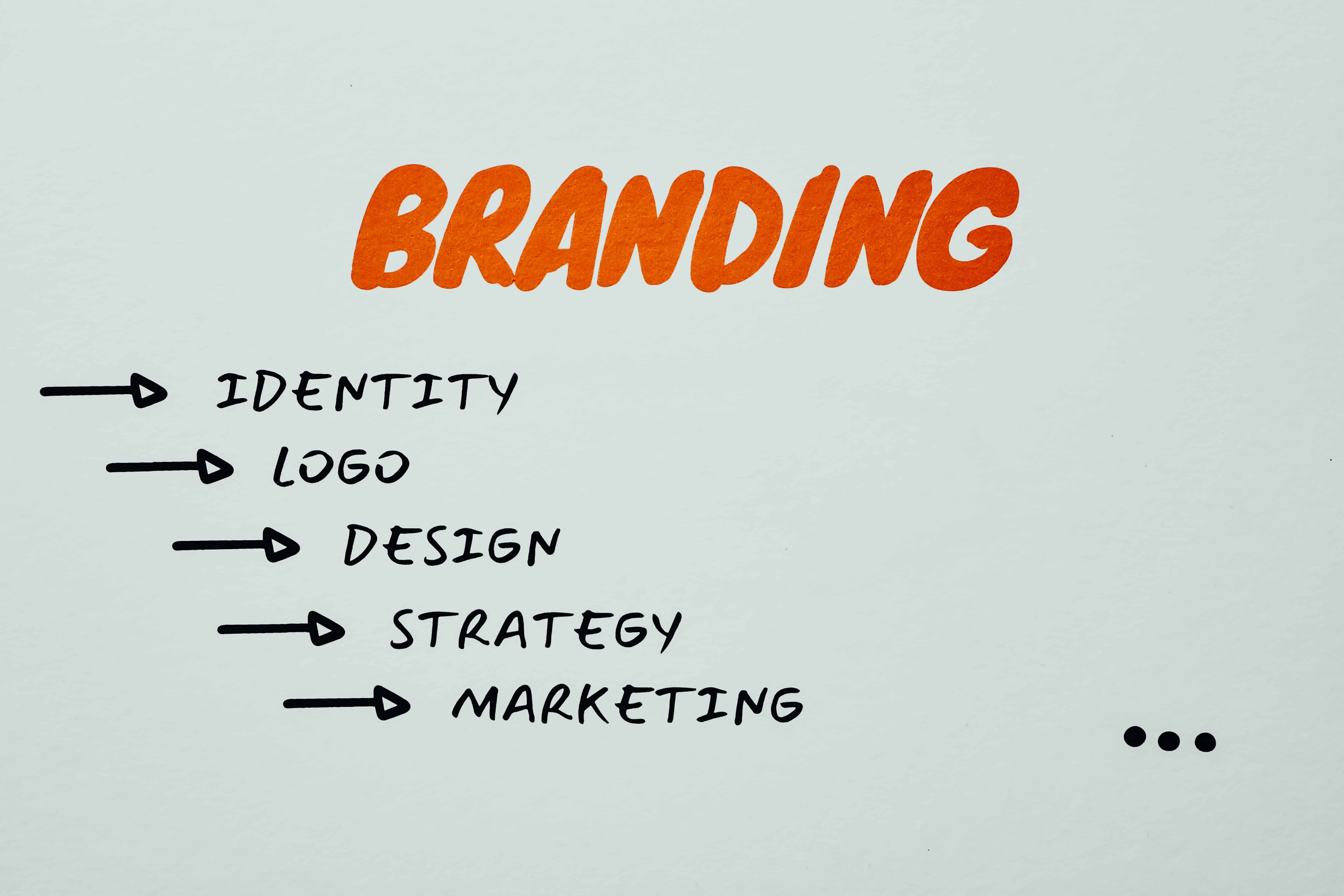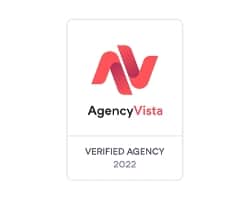Brand identity has emerged as a powerful tool for companies to differentiate themselves and establish a strong presence in the market. While many people often associate brand identity with logos and visual elements, it encompasses much more. In the realm of Business-to-Business (B2B) marketing, brand identity plays a critical role in fostering trust, credibility, and loyalty among target audiences. In this blog article, we will explore the importance of brand identity in B2B settings and delve into the key components that contribute to developing a cohesive B2B brand identity.
Understanding B2B Brand Identity
Brand identity is the sum of all elements that define a brand’s image and perception in the minds of its audience. In the B2B context, it goes beyond mere visual aesthetics and encapsulates the essence of the company’s values, mission, culture, and promise. A cohesive brand identity allows B2B enterprises to communicate their unique value proposition effectively, resonate with their target clients, and build long-term relationships based on trust and reliability.
Components of a Cohesive B2B Brand Identity:
There are several key components to a cohesive and successful brand identity. From brand purpose and values to messaging and voice, you must consider all these aspects for brand success.
Brand Purpose and Values
The foundation of any successful B2B brand identity lies in a clear and compelling brand purpose. This purpose defines the company’s reason for existence beyond profit-making, reflecting its vision to solve specific challenges and add value to its customers and stakeholders. Alongside the purpose, core values shape the brand’s behavior, guiding decision-making processes and establishing trust with customers who share similar principles.
For example, a B2B technology company might have a brand purpose centered around simplifying complex processes for businesses, with values like innovation, integrity, and customer-centricity at its core.
Target Audience Identification
Understanding the target audience is essential to crafting a cohesive B2B brand identity. Unlike B2C marketing, B2B marketing involves engaging with various stakeholders, such as decision-makers, influencers, and end-users within a business. Identifying their pain points, needs, and preferences helps create relevant messaging that resonates with the right audience segments.
Brand Messaging and Voice
Consistent brand messaging and voice are crucial to maintaining a unified brand identity. The messaging should be clear, concise, and aligned with the brand’s values and purpose. The tone of voice should match the company’s personality and communication style, whether it’s authoritative, friendly, or innovative. A strong and consistent voice fosters recognition and trust among the audience, even in a complex B2B landscape.
Visual Identity
While branding is more than just logos, visual elements remain essential in conveying a brand’s personality and creating a lasting impression. A well-designed logo, color palette, typography, and imagery can evoke emotions and establish a connection with the audience. A brand’s visual identity should be applied consistently across all marketing materials, websites, social media platforms, and other touchpoints to reinforce brand recall and recognition.
Brand Storytelling
A compelling brand story can significantly influence how customers perceive a B2B company. Through storytelling, businesses can humanize their brand, showcase their journey, highlight their impact, and illustrate how they solve real-world problems. Storytelling connects on an emotional level, making it easier for the audience to relate to the brand and its offerings.
Customer Experience
In B2B marketing, the customer experience is a vital component of brand identity. Consistency between what the brand promises and what it delivers builds credibility and fosters loyalty. This encompasses not only the product or service quality but also interactions with customer support, sales representatives, and the overall post-purchase experience.
Thought Leadership and Content Strategy
B2B brands can elevate their identity by establishing themselves as thought leaders in their industry. A robust content strategy that provides valuable insights, educates the audience, and addresses their pain points can position the brand as an authoritative resource. Thought leadership contributes to the brand’s credibility and creates a strong association with expertise and innovation.
Conclusion
Developing a cohesive B2B brand identity goes far beyond the logo; it requires a strategic approach that aligns the company’s purpose, values, and messaging with the needs of the target audience. A well-defined brand identity helps B2B enterprises stand out in a competitive marketplace, build trust, and cultivate enduring customer relationships. Through consistent communication, visual elements, and customer experiences, B2B brands can establish themselves as industry leaders and drive long-term success. Remember, in the realm of branding, every touchpoint matters, and creating a powerful brand identity is an investment that pays dividends in the long run.
About Millennium Agency
Millennium Agency is a nationally recognized, top woman led B2B branding, positioning, and digital marketing firm who creates value that builds emotionally impactful brands that influences your customer’s buying decision, giving you the competitive advantage. As your industry partner for B2B pharma/biotech, technology and manufacturing, our proprietary research-based framework makes a strong impact and accelerates your brand growth. While you focus on what you do best – running your business successfully – our team will build your brand, and drive leads. For more information, call 877-873-7445 or schedule time here.


























